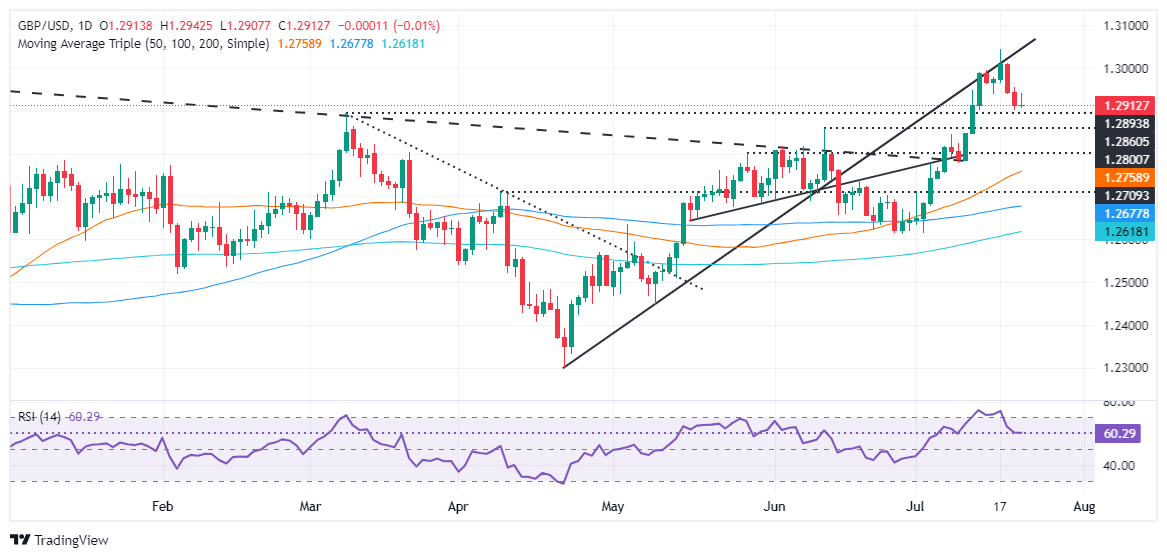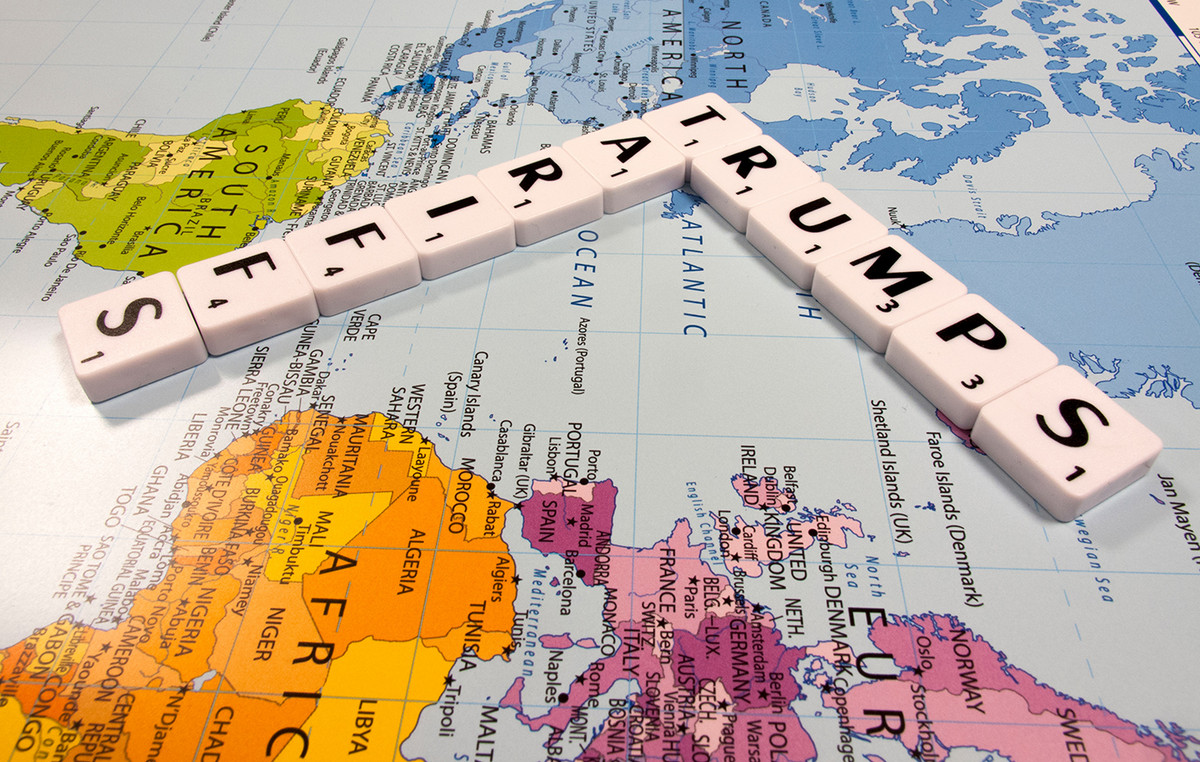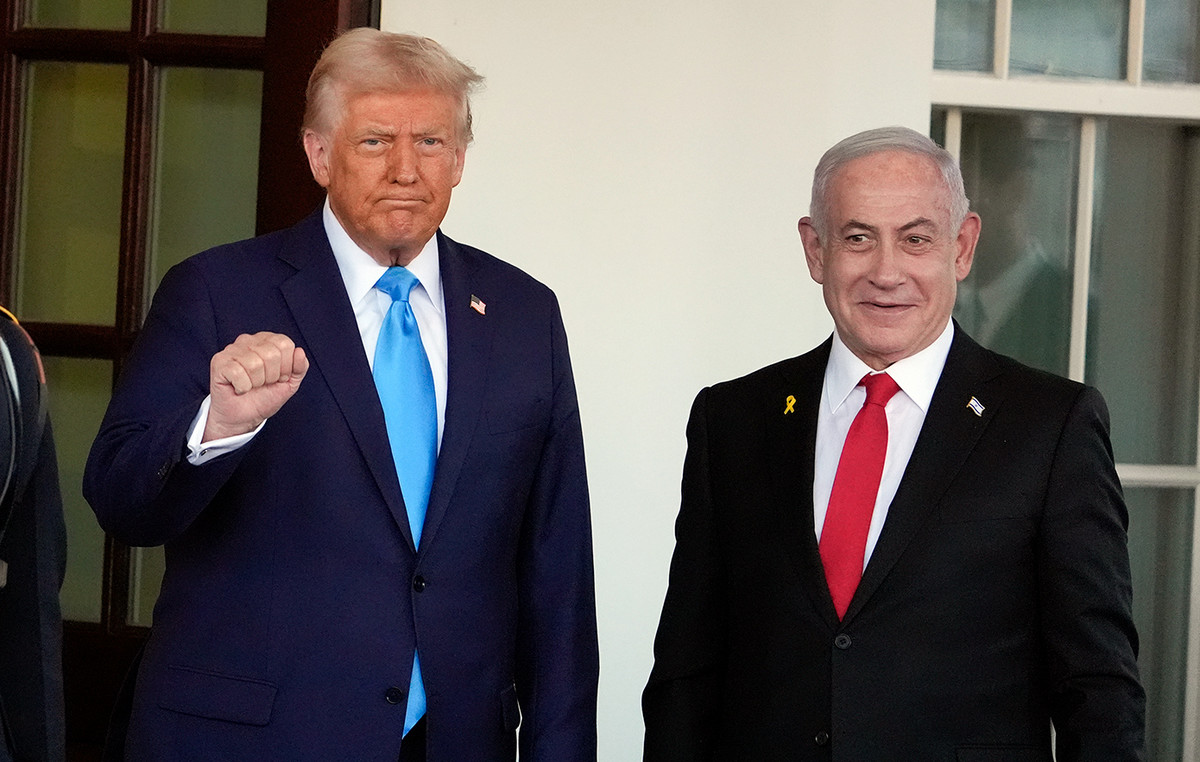- GBP/USD is trading at 1.2910, stable despite political developments in the US, after touching a high of 1.2942.
- Finding support at 1.2894, consolidating from the highs.
- The bullish momentum remains; positive RSI with resistance at 1.2950, 1.3044 and supports at 1.2860, 1.2803.
The British Pound started the week virtually flat against the Dollar on Monday, trading around 1.2910 after hitting a daily high of 1.2942.
Over the weekend, political developments in the US saw President Joe Biden withdraw from the presidential race and endorse Vice President Kamala Harris. The effects are yet to be felt by the Forex markets, although Wall Street is regaining ground.
GBP/USD Price Analysis: Technical Outlook
From a technical perspective, GBP/USD is consolidating after recovering from 1.2600 to 1.3000 over the past three weeks. However, the pair pulled back from recent highs and found solid support at 1.2894, with the March 8 peak turned into support.
Momentum suggests that buyers have stepped in, limiting GBP/USD’s downside. The RSI remains in bullish territory, although market participants remain undecided on whether to lift the Pound or let it slide for a deeper correction.
For a bullish continuation, buyers need to reclaim the psychological figure of 1.2950 before testing the July 17 high at 1.3044. Once overcome, the next supply zone to find would be last year’s high at 1.3142.
Conversely, if GBP/USD falls below 1.2900, the first support would be the June 12 high turned support at 1.2860. Once overcome, further declines lie ahead, such as the March 21 high at 1.2803, before targeting the 50-day moving average (DMA) at 1.2757.
GBP/USD Price Action – Daily Chart
The British Pound FAQs
The Pound Sterling (GBP) is the oldest currency in the world (886 AD) and the official currency of the United Kingdom. It is the fourth most traded currency unit in the world, accounting for 12% of all transactions and an average of $630 billion a day, as of 2022.
Its key currency pairs are GBP/USD, also known as the “Cable,” which accounts for 11% of the forex market, GBP/JPY, or the “Dragon” as it is known to traders (3%), and EUR/GBP (2%). The British Pound is issued by the Bank of England (BoE).
The most important factor influencing the value of the British Pound is the monetary policy decided by the Bank of England. The Bank of England bases its decisions on achieving its main objective of “price stability”, i.e. a stable inflation rate of around 2%. Its main tool for achieving this is the adjustment of interest rates.
When inflation is too high, the Bank of England tries to contain it by raising interest rates, making credit more expensive for individuals and businesses. This is generally positive for the GBP, as higher interest rates make the UK a more attractive place for global investors to park their money.
When inflation is too low, it is a sign that economic growth is slowing. In this scenario, the BoE will consider lowering interest rates to make credit cheaper, so that companies borrow more to invest in growth-generating projects.
The data released gauges the health of the economy and can influence the value of the Pound. Indicators such as GDP, manufacturing and services PMIs, and employment can influence the direction of the Pound.
A strong economy is good for the British Pound. Not only does it attract more foreign investment, but it may encourage the Bank of England to raise interest rates, which will directly strengthen the British Pound. Conversely, if economic data is weak, the British Pound is likely to fall.
Another significant indicator for the pound is the trade balance. This indicator measures the difference between what a country earns from its exports and what it spends on imports during a given period.
If a country produces highly sought-after exports, its currency will benefit exclusively from the additional demand created by foreign buyers who wish to purchase these goods. Therefore, a positive net trade balance strengthens a currency and vice versa for a negative balance.
Source: Fx Street
I am Joshua Winder, a senior-level journalist and editor at World Stock Market. I specialize in covering news related to the stock market and economic trends. With more than 8 years of experience in this field, I have become an expert in financial reporting.








